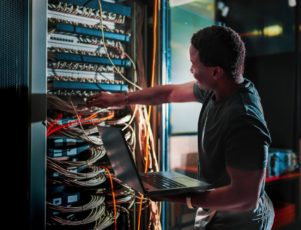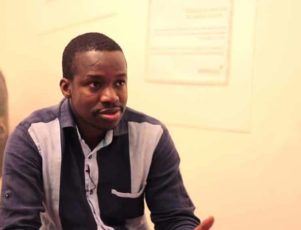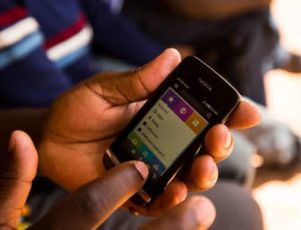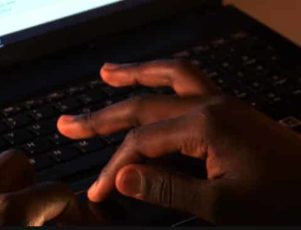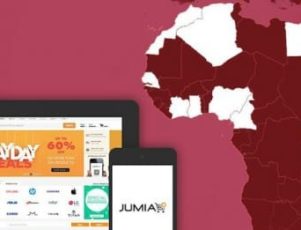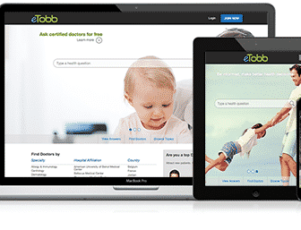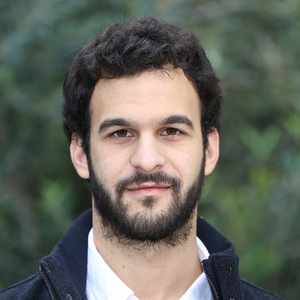Broadband penetration across the African continent is limited, and to meet the growing demand, the continent needs an additional 700 data centers, which will require collaboration between engineers, telecoms and governmental organizations.
Current state of internet in Africa
Broadband penetration across the African continent is limited. Even the leaders for internet penetration – South Africa, Nigeria and Kenya – only have broadband penetration of 64%, 45% and 40%, respectively. This is a far cry from countries like the UK, that boast a 96% penetration. This disparity has been highlighted by the pandemic, but even putting aside the increased demand on internet services during Covid-19 restrictions, demand for internet is growing fast on the continent, following a similar path to the rest of the globe. Streaming services, ride-hailing and banking are all leading the growth in content consumption. A new report by African Data Centers Association (ADCA) and Xalam Analytics has calculated that in order to meet the growing demand, the continent needs an additional 700 data centers for an additional 1000MW of capacity.
Differing responses to pandemic pressures
Across the world, the Covid-19 pandemic forced people to work from home and stay indoors. In countries with high broadband penetration internet usage more than doubled. On the African continent the situation varied. In Uganda, Rwanda, and Nigeria peak traffic actually decreased at the end of March 2020, while in South Africa usage spiked. This has been put down to the fact that in offices in Uganda, Rwanda, and Nigeria there is typically a good internet connection. This allows high-bandwidth applications to be used, but as people adjusted to working from home and using their own, often limited internet connections, these high-bandwidth applications caused problems. By contrast, in South Africa where internet infrastructure is more developed, industries were much better prepared to work from home, and so internet usage increased.

Server racks with telecommunication equipment in server room
With growing demand, Africa offers opportunities
For the data center sector, Africa offers a land of opportunity. The industry only entered the continent in 2008, and investment and development has been slow and uneven. IBM entered in 2016, and more companies like Microsoft and Huawei have joined since then. More than 30 Tier III or higher data centers have come online since 2016, effectively doubling the region’s hosting capacity. Despite this, only one third of Africa’s cities with a population of over 1 million have a local data center that meets Tier III standards.
Demand for internet services is growing across the world and more and more devices and industries are taking advantage of high-speed internet, so demand will not shrink. On top of that, Africa’s median age is 20 years old, less than half that of Europe, and an age at which data consumption is particularly high. This makes Africa a golden opportunity for those looking to invest in data centers. Investment was valued at $2 billion dollars in 2020, and the data center industry in Africa is expected to value $6 billion by 2026.
Concerted, coordinated effort required to meet requirements
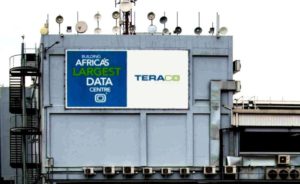 ADCA’s report, while positive about the future growth prospects of internet in Africa, did warn that achieving the 700 data center target would be challenging. The land, power, and water requirements for data centers of a meaningful scale would need national, regional, and local government involvement. It also would come with a high cost. The average yearly cost to operate a large data center ranges from $10 to $25 million, before taking into account the upfront costs of building the data center and the initial set-up. When including access, power, network connections, servers, storage units, and software licenses the cost can be significant. One mile of fiber-optic connections alone can cost as much as $250,000. To make things more difficult, the infrastructure supply chain in Africa is significantly less developed than in Europe, Asia or the USA and many important components will have to be brought in from overseas.
ADCA’s report, while positive about the future growth prospects of internet in Africa, did warn that achieving the 700 data center target would be challenging. The land, power, and water requirements for data centers of a meaningful scale would need national, regional, and local government involvement. It also would come with a high cost. The average yearly cost to operate a large data center ranges from $10 to $25 million, before taking into account the upfront costs of building the data center and the initial set-up. When including access, power, network connections, servers, storage units, and software licenses the cost can be significant. One mile of fiber-optic connections alone can cost as much as $250,000. To make things more difficult, the infrastructure supply chain in Africa is significantly less developed than in Europe, Asia or the USA and many important components will have to be brought in from overseas.
With such a high price tag, it is clear that collaboration will be important. Industries must invest in connectivity across the continent, with engineers, telecoms and governmental organizations working together to improve connectivity and capacity across the continent as a whole.
A varied continent means varied challenges
While unified and coordinated action is required, addressing the continent’s data problems will also require looking at each region individually. With 54 countries, 2,000 spoken languages and vastly differing populations and population density, there is no universal approach to the problem. In many of the remote and poorly connected areas mobile internet like 4G may be the most economical option, and still a lack of access to electricity will be a major consideration. Nonetheless, the prospects of rapid growth demand and usage of the internet makes the investment a promising one.
Photos : cio.com / infotechlead.com / iclg.com

